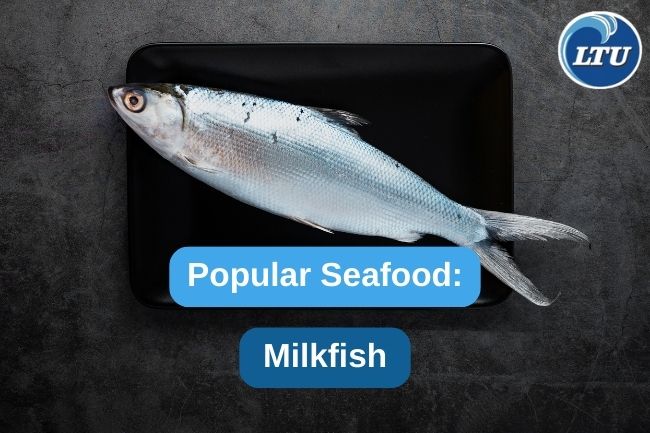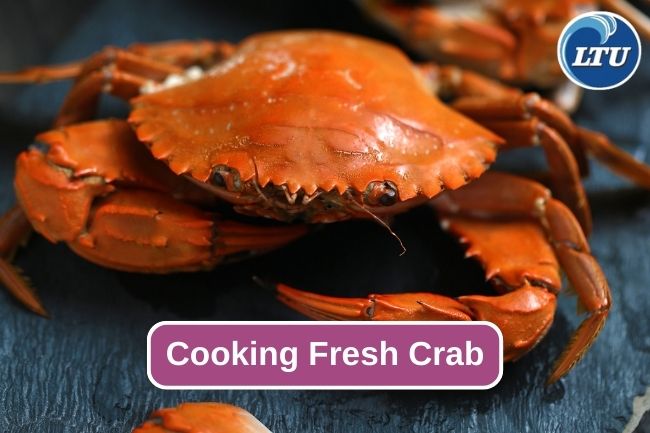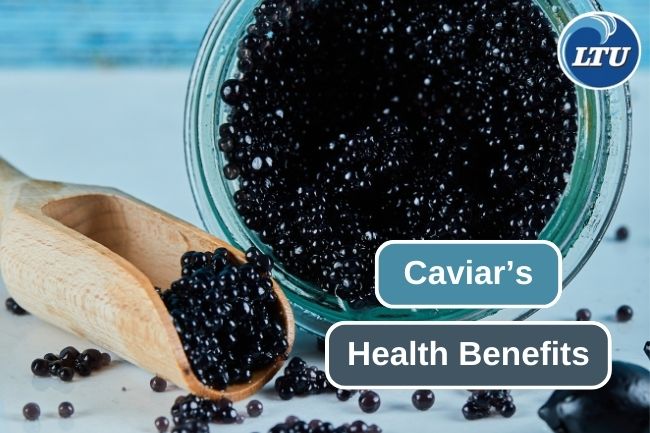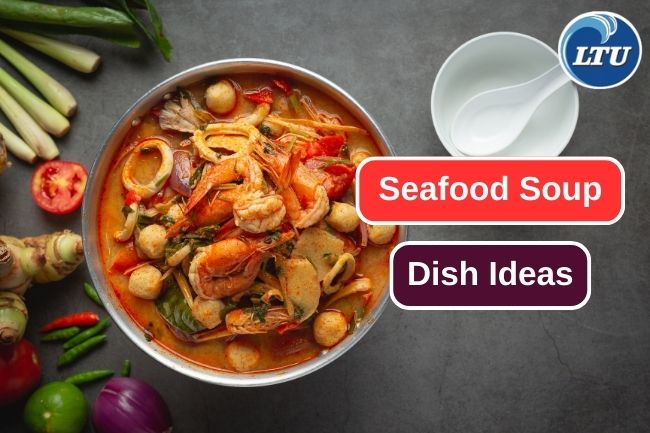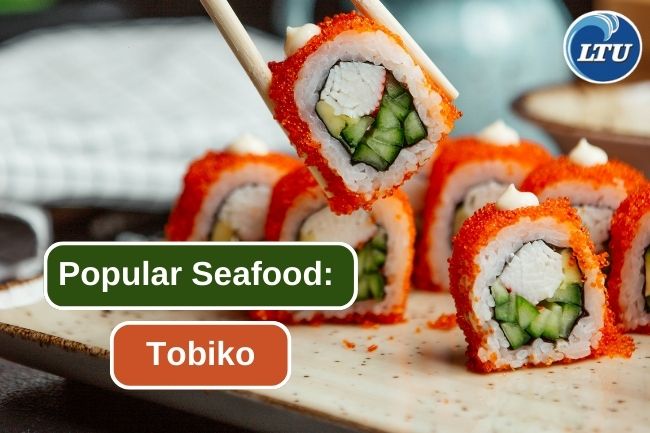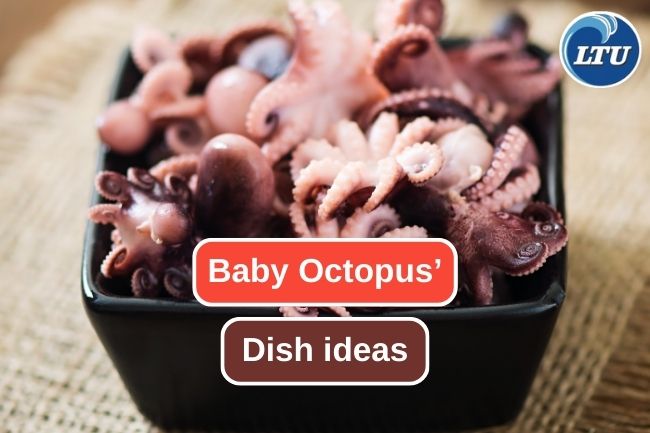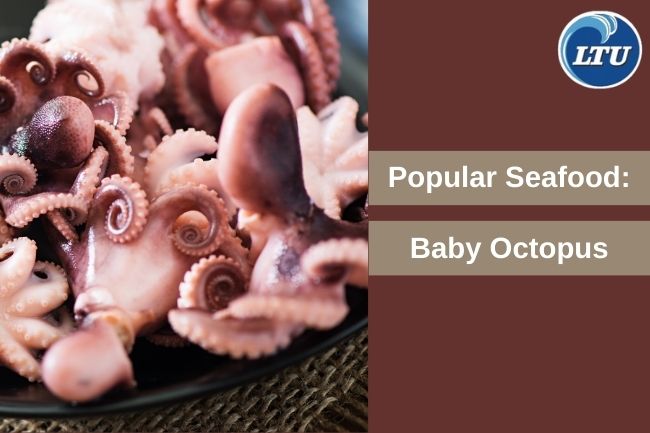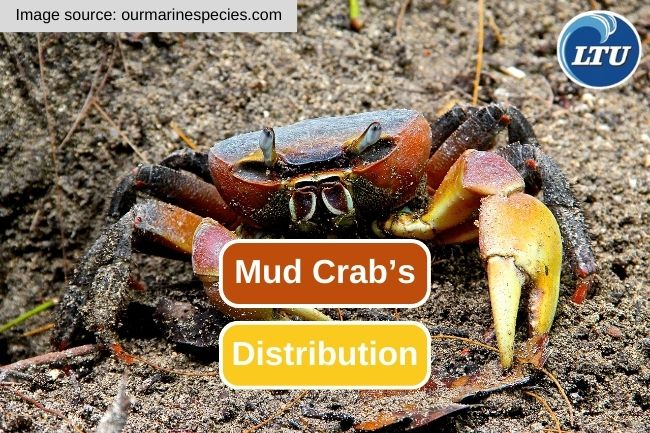6 Essential Nutrition Content in Mantis Shrimp
By. Nevanda - 24 Aug 2023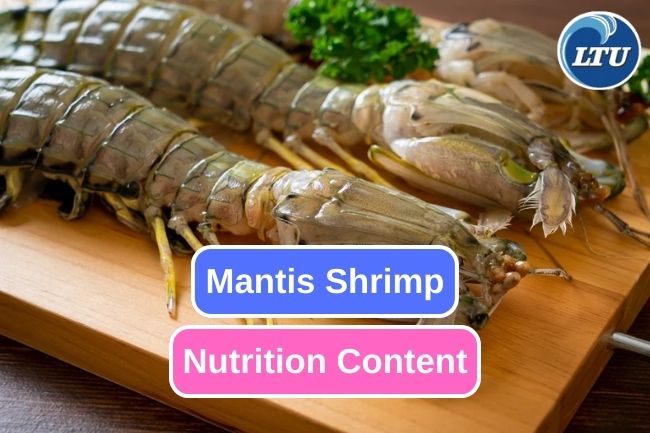
lauttimur.com - The enigmatic mantis shrimp, with its vibrant hues and formidable strikes, has long captivated researchers and marine enthusiasts alike. Some species of mantis shrimp are edible and considered a delicacy in certain regions. Beyond its stunning appearance and astonishing hunting abilities, delving into the nutritional content of the mantis shrimp unveils a lesser-known facet of this intriguing marine creature.
Exploring the dietary potential of mantis shrimp sheds light on the protein, mineral, and unique biochemical composition that may make it a valuable yet uncharted addition to our culinary considerations. In this article, we embark on a journey to uncover the nutritional intricacies of the mantis shrimp and discover how its profile aligns with our dietary needs and preferences.
Read also: The Humboldt Squid's Ecological Roles in Marine Ecosystems
1. Protein
Crustaceans, including mantis shrimp, are generally a good source of protein. Protein is important for muscle development, immune function, and overall body maintenance.
2. Omega-3 Fatty Acids
Seafood, in general, is known for its omega-3 fatty acid content, which is beneficial for heart health, brain function, and reducing inflammation.
3. Minerals
Crustaceans can provide essential minerals like zinc, selenium, and copper. These minerals are important for various bodily functions, including immune support and antioxidant activity.
Read also: The Versatility of Smoked Salmon in Exquisite Dishes
4. Vitamins
Seafood often contains various B vitamins, particularly B12. B vitamins are important for energy metabolism, nerve function, and red blood cell production.
5. Low Fat Content
Crustaceans tend to have relatively low fat content compared to some other protein sources, making them a good option for individuals looking to manage their fat intake.
6. Cholesterol
While seafood can contain cholesterol, it's worth noting that recent research has indicated that dietary cholesterol might have less impact on blood cholesterol levels than previously thought.
It's important to remember that nutritional content can vary between different species of mantis shrimp and between individual specimens. If mantis shrimp were to be consumed, it would be a good idea to consider factors such as the cooking method and any accompanying ingredients to get a complete picture of their nutritional contribution.
Read also: A Hearty Recipe of Finnish Salmon Soup

